The United Nations Economic Commission for Africa (UNECA) has said the mineral sector remained Zambia’s key anchor of the diversification strategy, especially its potential linkages with the rest of the economy.
Director Sub-Regional Office for Southern Africa, Eunice Kamwendo, cited the Zambia- Democratic Republic of Congo (DRC) Electric Battery Value Chain (EBV) as one of the initiatives to better support inclusive sustainable growth and productive employment creation.
Read more: UNECA calls for enhanced investment in science, technology to drive innovation
Kamwendo said the energy transition provided opportunities to leverage abundant energy minerals in the two countries.
She said this would support increased value addition to battery minerals-development of battery precursors, batteries and electric vehicles.
Kamwendo said this at the public lecture held on Wednesday at the University of Zambia Department of Economics under the theme ‘From Economic Stabilization to Inclusive Growth: Zambia Reform Path.’
She believed the mineral based industrialisation offered opportunities for skills development for the disadvantaged groups through the Center of Excellence.
She also mentioned that this would offer opportunities for business linkages for the Micro, Small and Medium Enterprises (MSMEs) along the value chain.
Kamwendo told the gathering that for Zambia to achieve sustained growth, agro-based industrialisation was crucial.
“Agriculture is a key sector to address poverty and inequality and this according to the International Labour Organisation 2021 report employs about 58.8 percent of Zambians,” she said.
Kamwendo indicated that Zambia-Zimbabwe Common Agro-Industrial Park once implemented would spur industrialisation, linkages, value chains development and achieve economies of scale.
“The Special Economic Zones will increase agricultural sector productivity and boost job creation and livelihoods from agriculture, including fueling rural community and MSMEs development.
She said this would also create opportunities for the cotton, soya beans, maize, livestock, wheat, rice and horticulture value chains.
Highlighting the International Monetary Fund (IMF) position on Zambia’s economy Resident Representative, Preya Sharma, said Zambia made commendable progress over the last two years in implementing its reforms agenda to stabilize the economy.
Sharma said the authorities in Zambia have laid the foundation for inclusive growth and creating jobs against the backdrop of significant external shocks.
Her presentation was based on the recent 2023 Article IV Consultation, the 38-months arrangement under the Extended Credit Facility (ECF), which aimed to support Zambia’s effort to restore sustainability through fiscal adjustment and debt restructuring, creating fiscal space for social spending and strengthen governance and reduce corruption vulnerabilities.
She pointed out that Zambia’s current economic trajectory stood in sharp contrast to 2019 Article IV.
“Growth has rebounded, inflation has declined. Medium-term growth prospects are now about five percent compared with June 1.5 percent in 2019.
“Nonetheless, significant challenges remain with climate shocks, high poverty and inequality as well as high malnutrition rates,” Sharma said.
Representing the students, UNZA Business and Economics Association president, Enock Hachibi, said the public lecture offered an opportunity to students to understand better Zambia’s economic reform path.

Hachibi said the lecture contributed to building a shared understanding of Zambia’s reform path to achieve inclusive growth.
“This lecture provided an opportunity to understand at what stage Zambia was in achieving economic stability as a country and if whether we are heading in the right direction. Are we actually attaining inclusive growth, is everyone able to enjoy the economic resources that we have as a country or it’s just a few minority…,” he said.
Hachibi believes that young people had a major role to play in driving economic growth.
WARNING! All rights reserved. This material, and other digital content on this website, may not be reproduced, published, broadcast, rewritten or redistributed in whole or in part without prior express permission from ZAMBIA MONITOR.

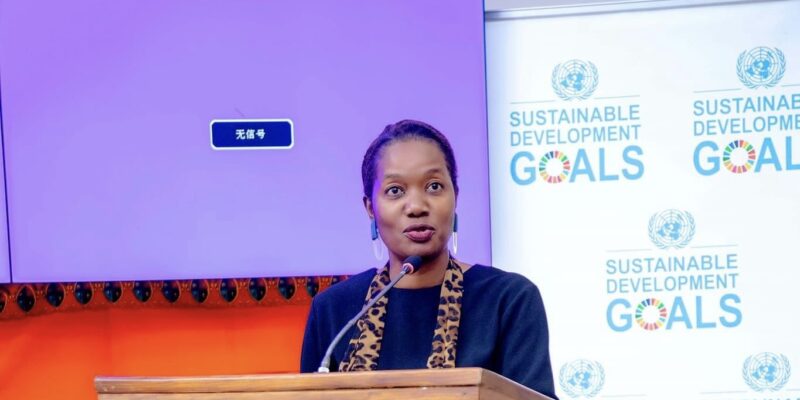



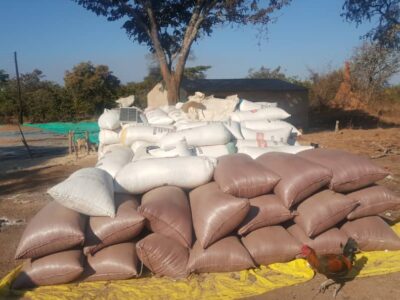
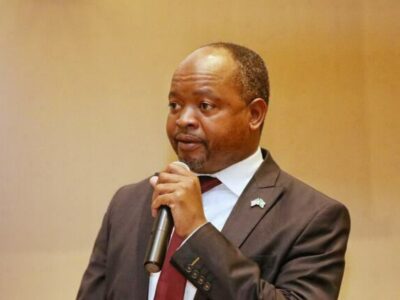

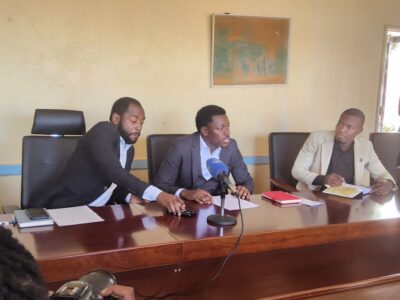

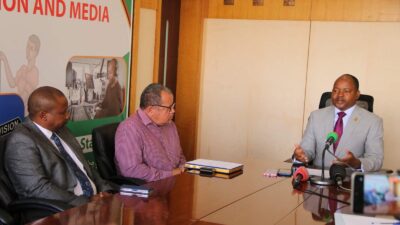


Comments